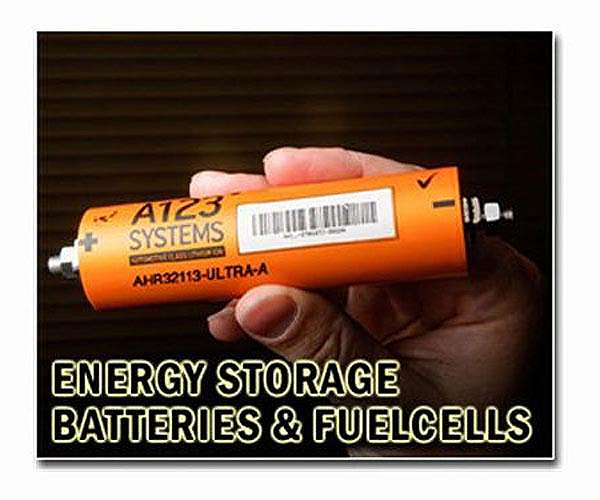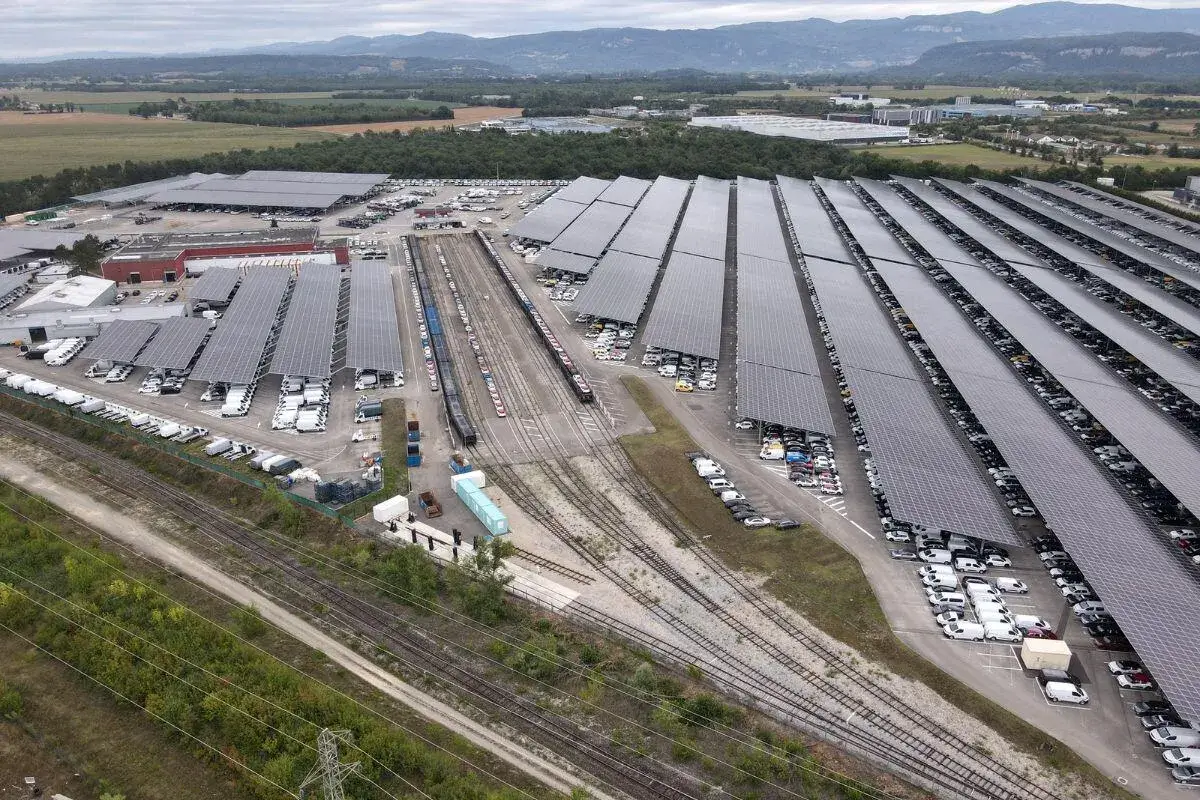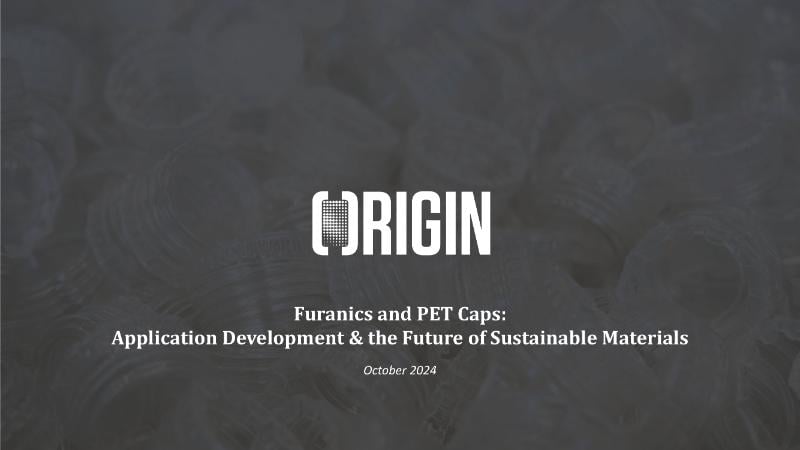
Big increase of zinc battery lifespan could boost energy storage
by Robert Schreiber
Berlin, Germany (SPX) Oct 29, 2024
A major step forward in energy storage technology may soon change the way large amounts of electricity are stored for renewable energy solutions. Scientists at the Technical University of Munich (TUM) have unveiled a new method that could dramatically extend the lifespan of aqueous zinc-ion batteries. By addressing key durability challenges, the team suggests these batteries could last hundreds of thousands of cycles – far exceeding the typical lifespan of a few thousand cycles for current models.
Central to this advancement is a specialized protective layer applied to the zinc anodes of these batteries. The layer effectively combats common issues, such as the formation of zinc dendrites – tiny needle-like structures that interfere with performance – and mitigates unwanted side reactions that previously led to hydrogen release and corrosion.
Prof. Roland A. Fischer, who leads the research team at TUM’s School of Natural Sciences, attributes the success to the use of a unique material: a porous organic polymer called TpBD-2F. This polymer creates a stable, ultra-thin, and precisely ordered film on the zinc anode, allowing zinc ions to move freely through tiny channels while keeping water from directly interacting with the anode’s surface.
Zinc Batteries Offer a Promising Alternative to Lithium-Ion
Lead researcher and Ph.D. candidate Da Lei highlighted the implications of the innovation, stating: “Zinc-ion batteries with this new protective layer could replace lithium-ion batteries in large-scale energy storage applications, such as in combination with solar or wind power plants. They last longer, are safer, and zinc is both cheaper and more readily available than lithium.” While lithium remains the primary choice for mobile applications like electric vehicles, its higher cost and environmental footprint are limiting factors for large-scale, stationary storage needs.
Prof. Fischer expressed optimism about the discovery, commenting: “This is truly a spectacular research result. We have shown that the chemical approach developed by Da Lei not only works but is also controllable. As fundamental researchers, we are primarily interested in new scientific principles – and here we have discovered one. We have already developed a first prototype in the form of a button cell. I see no reason why our findings couldn’t be translated to larger applications. Now, it’s up to engineers to take up the idea and develop appropriate production processes.”
Research Report:Ion-Transport Kinetics and Interface Stability Augmentation of Zinc Anodes Based on Fluorinated Covalent Organic Framework Thin Films
Related Links
Technical University of Munich (TUM)
Powering The World in the 21st Century at Energy-Daily.com







